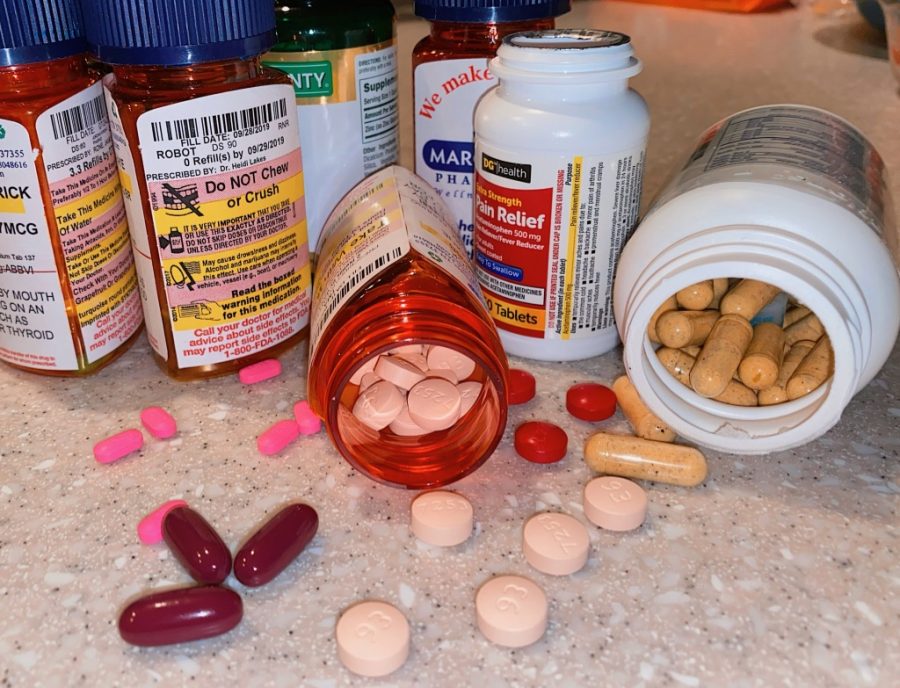The opioid crisis in Tennessee
January 26, 2021
Tennessee is among one of the hardest-hit states when it comes to the opioid epidemic and Coffee County is no exception to the statistic.
The story of its impact is often told in numbers: according to Vanderbilt University Medical Center, each day at least 3 people die from an opioid-related overdose, which is more than the number of daily traffic fatalities.
We’ve seen a rise in opioid-related deaths in Coffee County in recent years. Even local families have taken a hit because of the cost and effect of opioid addiction.
A parent or guardian that is addicted to opiates often prioritizes their addiction over parenting.
Children who grow up with parents who abuse opiates can suffer from long term effects. These lifelong effects include a higher risk of exposure trauma, educational setbacks, and difficulties in emotional development.
Observing drug use as adolescents, commonly causes an increased risk for the child to become an addict themselves later in life.
So what are some practical ways to bring a stop to an ongoing issue that affects our own neighborhoods?
Addiction treatment isn’t always accessible, especially in rural areas like Coffee County; however, Coffee County has 3 health and treatment facilities that specialize in treatment options for alcoholism, substance abuse, chronic relapse, and co-occurring disorders.
Jehovah Java is one of the newest additions to Coffee County and the HOPE Coffee Shops and Cafes Program. The creators of Jehovah Java Danny Lyons and Caleb McCall found Jesus in an unlikely place: an addiction recovery program.
They went on to open Jehovah Java, which is a way to raise funds for the Bush Ministries, a Christ-centered recovery center for people dealing with addictions.
On a government level, TN Together is a collective effort that has been designed to take action against the state’s increasing opioid problem.
TN Together includes 3 major components: prevention, treatment, and law enforcement.
Prevention: This includes increasing prevention education in grades K-12. As well as executing a public awareness campaign to inform citizens about the dangers of opioid use as well as resources to support those struggling with drug dependence.
Treatment: Over $25 million is being invested for treatment and recovery services for individuals with opioid use disorder. Funding will provide for 3 recovery compliance courts to be accountable in support services for offenders.
Additionally, this funding will create a statewide public treatment collaborative to serve Tennesseans who are struggling with opioid addiction.
Law enforcement: The increases in state funding for law enforcement would help put an end to the distribution and trafficking of opioids through additional training of officers. Along with controlled schedules to better monitor and penalize the use and unlawful sale of dangerous and addictive drugs including fentanyl and morphine.
Bill Haslam once stated in an interview for the Tennessee County Services Association, “This is a crisis that knows no boundaries and impacts many Tennesseans regardless of race, income, gender or age.’’
If you know someone who is battling addiction, don’t keep quiet! Use the resources available to make a difference in our communities.















